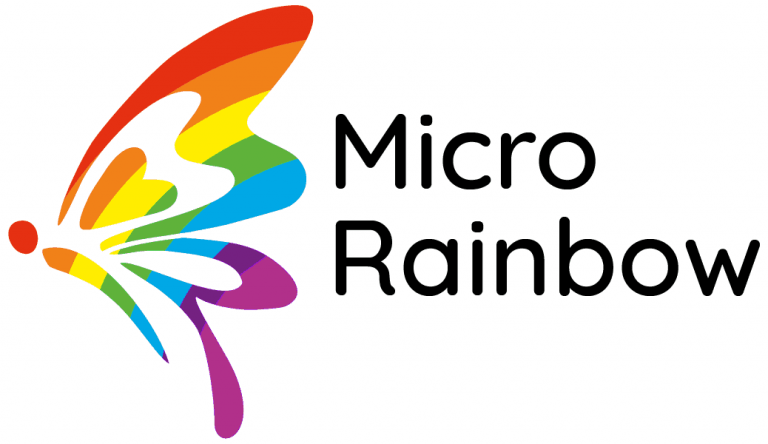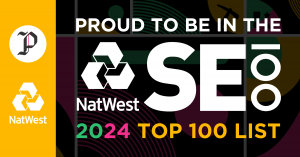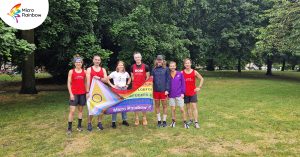
Sebastian Rocca is 2024’s Pioneering Leader
On July 16 2024, Micro Rainbow CEO Sebastian Rocca was awarded the Pioneering Leader of the Year Award.
Micro Rainbow’s vision is to create a world where lesbian, gay, bisexual, trans, queer and intersex (LGBTQI) people are free from discrimination, persecution and have equal opportunities in life, including in accessing employment, training, education, financial services, healthcare, housing, places of faith, and public services.
We do this by:


On July 16 2024, Micro Rainbow CEO Sebastian Rocca was awarded the Pioneering Leader of the Year Award.

Micro Rainbow has been named one of the UK’s top 100 social enterprises for the fourth year running.

On 6 July, the Pride Run team handed over a cheque for £8500 to Micro Rainbow – money raised by the 2023 event.
Micro Rainbow opened the first safe house in the United Kingdom dedicated solely to LGBTQI asylum seekers and refugees. Our houses provide a safe and temporary shelter for all LGBTQI asylum seekers and refugees. They are located in the London area, in the North West and in the West Midlands.
Many LGBTQI people flee their country because of the persecution they face due to their sexuality, gender identity or intersex status. Those who find safety in the UK and become refugees have to build a whole new life. Micro Rainbow can help in this process with employability and moving on support.
LGBTQI refugees are still rejected by their families and communities even in the UK. They become extremely isolated, without enough social safety nets and opportunities in life. They live at the margins of society, often in environments that expose them to increased abuse and violence.
Micro Rainbow
Regulated by the OISC (No. N202100149) | © All rights reserved